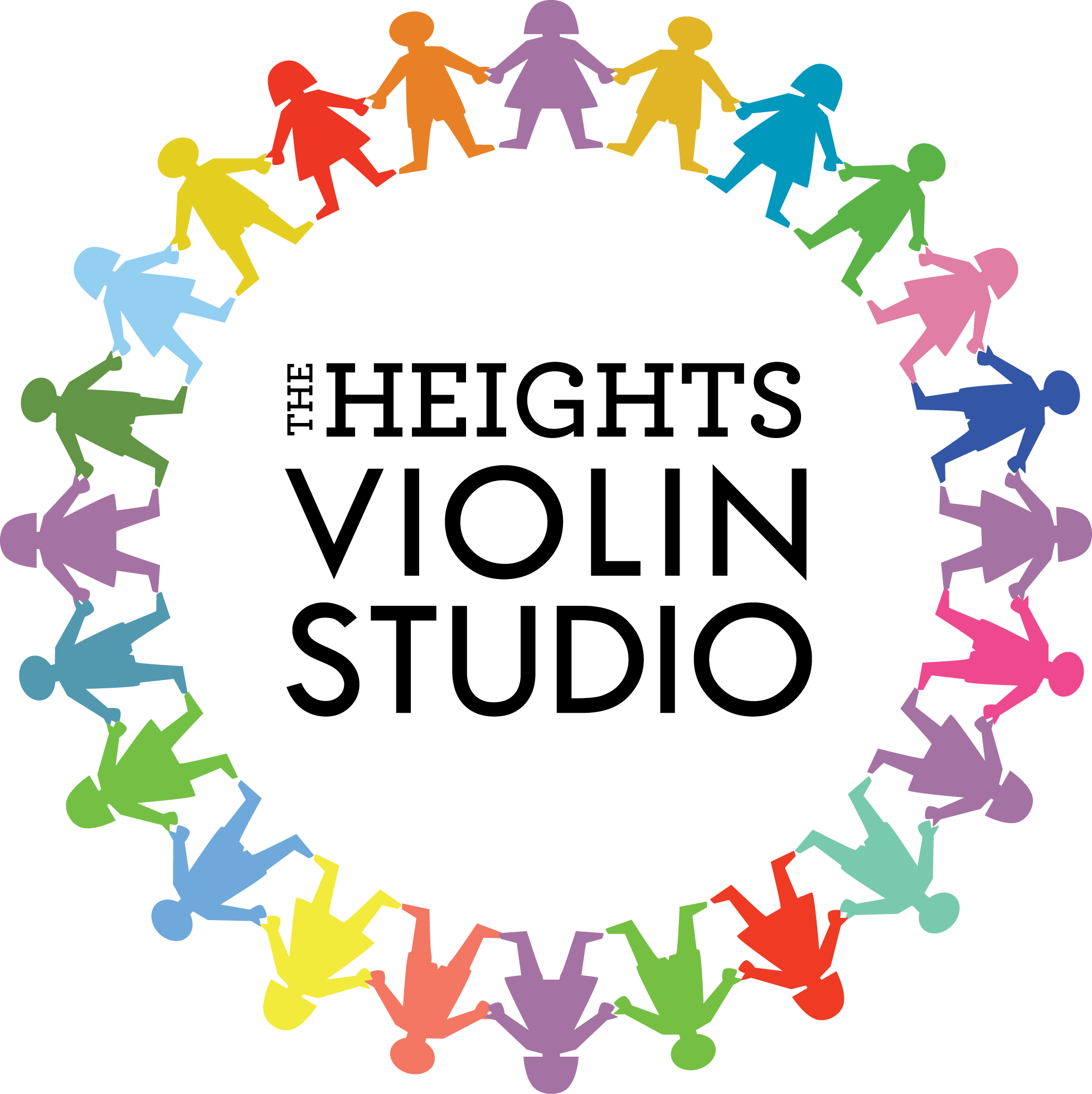“Ability cannot be developed without a certain amount of training... in order to carry out the repetition, the circumstances surrounding the repetition must be happy and without fuss.”
The Suzuki Method
The Suzuki Method mirrors the way we learn a native language. When you're planting a seed, you nurture it and give it light - this is what we do when teaching the child music through the Suzuki Method. By giving the child a safe, loving and cared-for environment within which to learn music, we set the foundation for nurturing the whole child. Our parents are our first teachers in life — so as parents, by creating a supportive environment at home, we give children what they need to begin a positive journey in music.
In The Suzuki Method, we believe that every child can learn to do something as difficult as playing the violin, just as every child in the world learns to speak their native language beautifully. Listening is where we begin — even though babies don't understand everything their parents are saying in the beginning, they ultimately learn through listening. The Suzuki Method encourages daily listening of the Suzuki CD as a tool for learning: we listen first, and then the learning follows.
The Suzuki Method promotes joy in playing music. Dr. Suzuki once said, “an unlimited amount of ability can develop when the parent and child are having fun together.” We approach practicing as a bonding experience, in the lessons and at home. Additionally, we facilitate weekly group classes to provide fun learning environment for children to learn from one another. In the Suzuki Method, we move in small steps so that every day we feel we are accomplishing something, which builds the child's confidence.
“Many growth-minded people didn’t even plan to go to the top. They got there as a result of doing what they love. It’s ironic: the top is where the fixed-mindset people hunger to be, but it’s where many growth-minded people arrive as a by-product of their enthusiasm for what they do.”
Mindset and the Suzuki Method
According to Carol Dweck in her book "Mindset", we all have two mindsets: the fixed mindset and the growth mindset. The fixed mindset gives us of our need to prove our abilities because we are born we certain amounts of intelligence, personality, and moral character; therefore, we thrive on sure things. The fixed mindset is what tells us that we shouldn't have to work so hard when faced with a challenge because we are "so smart", "so talented" or otherwise. The growth mindset, on the other hand, tells us that our basic qualities are things that can be cultivated through our efforts, strategies, and help from others. The growth mindset shows us that our abilities can be improved through learning, which is essentially The Suzuki Method. When we seek a challenge, we work harder. Many children like challenges because they are motivated through them.
In order for our children to have a growth mindset and to embrace the Suzuki philosophy, parents are encouraged to create a positive and nurturing environment.
Our goal is understand what triggers a fixed mindset so that we can instead promote more of a growth mindset in our lives and in the lives of our children. There are three ways to promote more of a growth mindset:
The way we praise. Dr. Suzuki taught many students who played very well; however, he believed that calling them a "genius" was harmful to them because every child can learn to play the violin as long as their environment is a nurturing one. Praising the effort and achievement, not the character, encourages a growth mindset.
The way we treat setbacks. Dr. Suzuki and Dr. Dweck believe that there is no success without setbacks. We need to look at setbacks as something that can drive us forward when looked at with the right perspective, as opposed to scolding the child when he or she is faced with a setback. Failure comes from lack of experience and skill, not because a child is morally flawed or unintelligent.
By expanding skills and knowledge. In the Suzuki Method, we give confidence to each child and encourage them to have an appreciation for the entire process. We focus on making the child feel like they are worth it and can achieve anything, and by doing so, we help the child fulfill his or her potential. Peer learning is very important to this process, and we provide group classes and performance opportunities to give our children a set goal to grow toward.
Dr. Suzuki believed that our personalities were also a talent or ability. We don't become kind people overnight; we need to practice kindness. The same goes for learning music.
